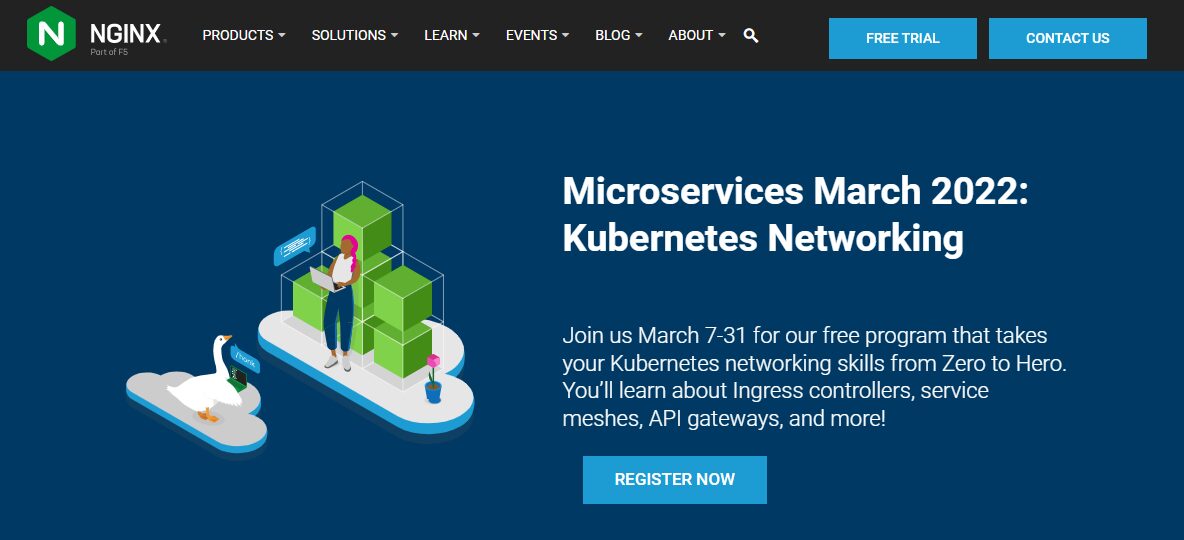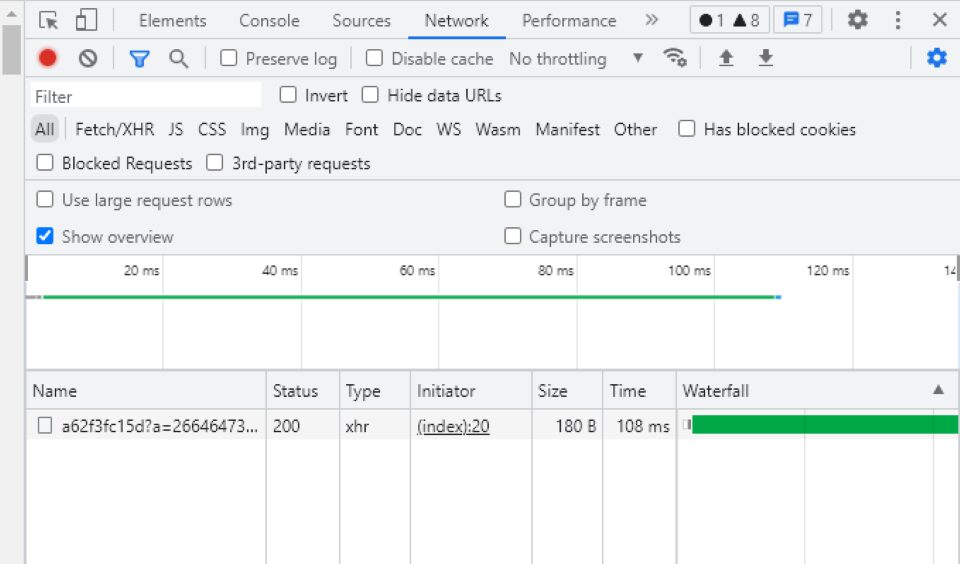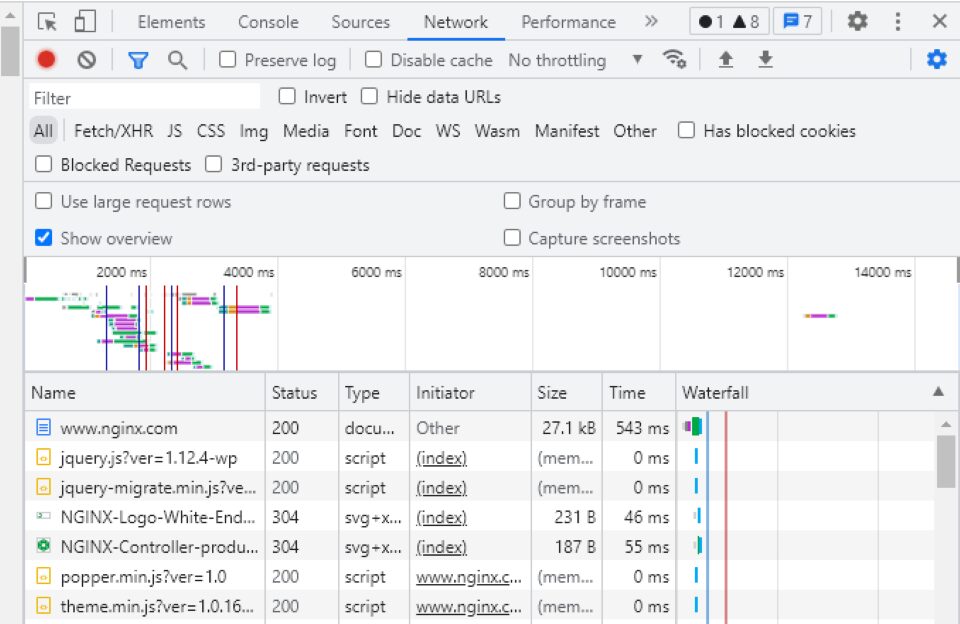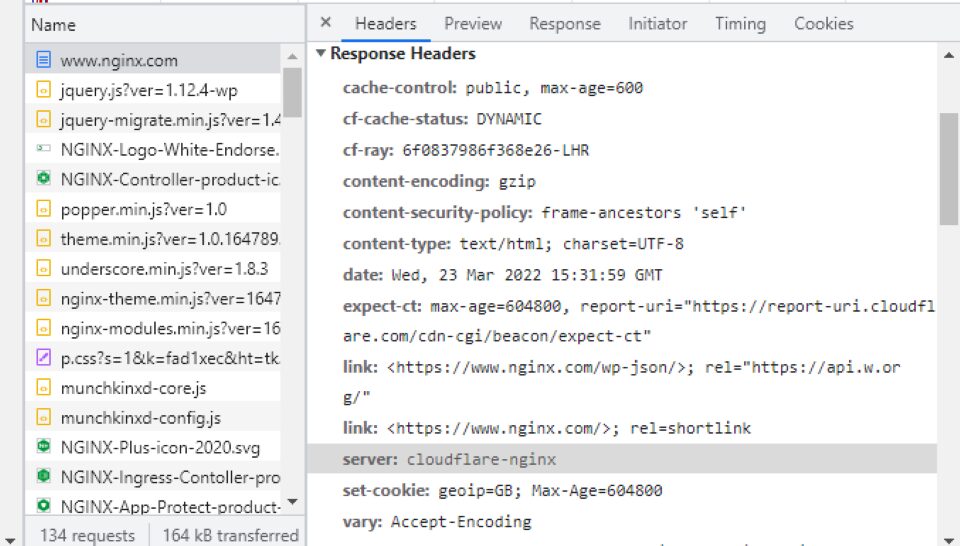Web servers are responsible for making your website accessible to browsers and users. You may have heard of NGINX before, but you might not know what it is or how it works. Fortunately, we’ve put together a quick guide to this popular server software.
In this post, we’ll cover the basics of NGINX. We’ll look at what it is, how it’s different from other web servers, and how it works. We’ll also discuss its pros and cons. Let’s get started!
What Is NGINX?
NGINX (pronounced “engine X”) is open-source web server software designed to handle a high number of connections simultaneously. These characteristics make it one of the most powerful and scalable server software options on the market:

NGINX is often used as a reverse proxy. This means you’ll typically find it stationed behind a firewall in a private network, where it forwards client requests to the appropriate server.
NGINX also acts as a load balancer. This means it distributes requests across multiple servers so that they won’t become overloaded. In turn, this setup leads to faster web speeds for users.
Is NGINX Different From Other Web Servers?
When you purchase a hosting plan for your website, your service provider will host your content and data on its servers. Sometimes, the company might specify the web server and software it uses.
Web servers are often designed for specific purposes and functionalities. Some of the most popular server software options include:
- NGINX. As we have seen, this is highly-scalable server software that can significantly decrease loading times and prevent overload.
- Apache. This open-source web server software supports various operating systems, including Windows and Linux. It is made up of modules, making it very customizable.
- Tomcat. Developed by the same company behind Apache, Tomcat is web server software that focuses on Java applications. You can use it for general HTTP applications, but it offers fewer customization options than Apache.
- Internet Information Services (IIS). This web server software was created by Microsoft and therefore supports all platforms that use Windows operating systems. However, unlike NGINX and Apache, IIS is not open source, so it can be restrictive in customization.
The majority of hosting providers either use Apache or NGINX. Apache servers are typically easier to set up and configure. You’ll also get more control over the server’s settings, and you can enable or disable any modules you want.
Meanwhile, NGINX offers better performance and scalability than other web servers. This is because it was designed to handle a massive volume of concurrent requests.
How Does NGINX Work?
NGINX uses an asynchronous, event-driven approach to handling requests. Instead of creating a new process for each request (as often happens with other web servers), it handles multiple requests in a single worker process. To do this, it works with non-blocking sockets and uses efficient event notification interfaces such as epoll and kqueue.
This definition might sound quite complex, but in most cases, you won’t need to know the inner workings of the server software. Thanks to its event-driven approach, NGINX can successfully process millions of simultaneous requests. It also scales very well and provides optimized web performance.
How to Determine if Your Web Server Is Using NGINX
Some web companies display their server details in their hosting packages. You may also be able to access this information from your hosting account dashboard.
However, there’s another way to determine if your web server uses NGINX. Start by opening your website in Google Chrome.
Then, open the Developer Tools by pressing F12 on your keyboard. This will bring up a panel on the right:

Next, select the Network tab and refresh the page. Click on any item under Name:

Ensure that the Headers tab is selected. Then, under Response Headers, look for the server:

Note that the HTTP header doesn’t always show you the type of server used by that website. For instance, if your site uses a proxy service like Cloudflare, the header will display this tool instead.
NGINX Pros vs. Cons
Most hosting providers use Apache or NGINX web server software. If you’re still unsure which option would work best for your website, let’s look at some of the advantages and disadvantages of using NGINX.
Fortunately, NGINX offers a wealth of benefits. For instance:
- It uses less memory and resources than other server software options.
- It is compatible with several web applications, including Ruby, Python, and Joomla.
- You’ll get faster loading times, which can help improve your overall performance and rankings in the Search Engine Results Pages (SERPs).
NGINX also comes with a modern interface and user-friendly configuration settings. Since it’s event-based and uses fewer hardware resources, it can handle multiple connections without additional expenses. Therefore, it can be more cost-effective than other web server software.
However, NGINX also comes with a few downsides. For instance, it only has one single configuration file, making it less flexible than Apache.
Additionally, while the software is open source, you get less control over its modules. You also won’t be able to disable any of them. This means you’re more restricted when customizing an NGINX server to your specific needs.
However, if performance is your top priority, NGINX might be the right choice for you. It is also the ideal solution for websites with large amounts of traffic. It just scales better than Apache or other competitors.
A powerful server software such as NGINX can help minimize downtime and prevent long loading times. These characteristics mean NGINX can serve content to your users more efficiently, leading to more conversions.
Conclusion
NGINX is a powerful web server software used by several hosting companies. It was designed to handle a high volume of requests simultaneously. Therefore, it offers faster loading times and better performance than most other web servers.
Additionally, NGINX uses fewer resources and hardware than other server software. This characteristic makes it a cost-effective solution. It’s also compatible with a variety of web applications.
Do you have any questions about NGINX or web servers in general? Let us know in the comments section below!
Featured Image via hanss / shutterstock.com
The post What Is NGINX? An Overview of the Basics appeared first on Elegant Themes Blog.
